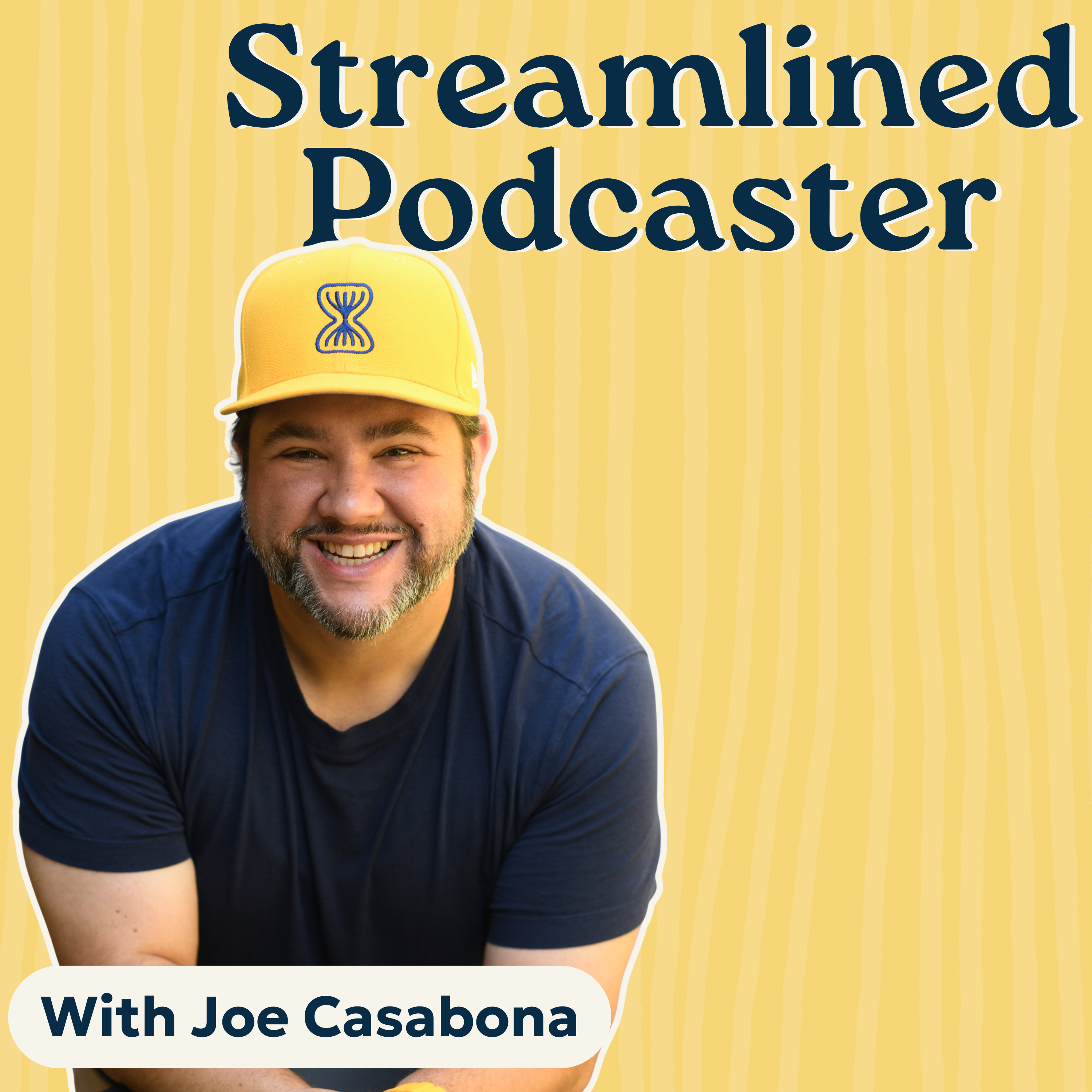
Podcasting Made Simple
Podcasting Made Simple is the premier podcast about podcasting! We’re here to help podcast guests and podcast hosts reach more listeners and grow their income so they can change more lives! Join Alex Sanfilippo and other podcasting industry experts as they share how you can level up on either side of the mic! (Show notes and resources: https://PodMatch.com/episodes)
Podcasting Made Simple
The Smarter Approach to Podcasting Success | Alex Sanfilippo
The further you get into podcasting as a guest or host, the more the work involved increases. At the same time, many of us notice a drop in listeners or the number of guesting opportunities we get. Thankfully, we do not have to experience this increase in work while yielding less results; in fact, the opposite can be true! In this episode, Alex Sanfilippo shares 6 steps for how working smarter instead of harder can be the very thing to help take your podcasting efforts to the next level. Get ready to begin getting your desired results from podcasting!
MORE FROM THIS EPISODE: HTTPS://PODMATCH.COM/EP/302
Chapters
00:00 From Corporate Success to Podcasting Insights
02:11 The Evolution of Podcasting and Its Challenges
03:37 Six Steps to Revitalize Your Podcasting Efforts
12:09 Building Connections and Understanding Your Audience
Takeaways
The market changes and so must your strategies.
Continuous innovation is key to sustained success.
Having a clear vision helps guide your efforts.
Letting go of outdated practices can lead to growth.
Maintaining focus is crucial for achieving goals.
Articulating specific results leads to better outcomes.
Engaging with your audience builds empathy and understanding.
Podcasting requires adaptation to evolving trends.
Success in podcasting is about working smarter, not harder.
Building connections is essential for podcast growth.
MORE FROM THIS EPISODE: HTTPS://PODMATCH.COM/EP/302
You're listening to Podcasting Made Simple. After seven years at my corporate job, I finally got the promotion I wanted. I worked at a aerospace manufacturing company and I finally got moved to the director of procurement position. Director. What a great title, right? As soon as I got into this position, it was like a gift. It's like they put a T ball there for me to hit, right? It was like really easy because... there was a ton of issues. It was a mess. So I step in this position with a strategic mind and something that can get some work done, right? So I jump in, I immediately start managing the team and making some changes. We made huge improvements. In just one year time, we absolutely crushed it. We were able to streamline processes, have a smaller team who were able to get promoted and moved around. It was a huge win, just incredible. And I was like, obviously Cloud9. I'm like, yes. Like I knew when I got here, I was going to do super well. But then something happened. I got into my third year of that position and things started to change. The really good work I was doing, the praise I was getting from the C-suite level that was just above me now wasn't so kind anymore. And I found myself getting into more trouble, if anything else. And I don't know if they would necessarily call it trouble, but I just remember feeling like, man, am I doing something wrong? Like what's going on here? Why am I no longer able to produce the way that I was able to? And there was all kinds of issues. I was running into staff issues. I was running into getting things on time, the quality, all these different issues. And I remember sitting there one day in my office saying, what gives? Like what is going on here? And four things are finally what I realized were the problem. Number one, the market changed. So supply chain got all messed up. So things that used to come on time weren't on time anymore. I hadn't given proper raises to some of key players on the team. So they were leaving and I was getting people that were much less performant to join the team. So I was having some internal issues as well. And then some of the companies that I was working with that was getting parts from, they sold and the new owners of them were not as devoted to quality. And ultimately the fourth thing though is the big one. Ultimately what happened is I stopped innovating. I stopped making things new. I basically said, I will ride this position and off my success as I got into this and eventually I will get promoted. Hey, my name's Alex Sanfilippo and if I've not had the chance to meet you, I'm going to say thank you so, much for being here today. First off, you are listening to the right. content here. This is about podcasting. will relate it back to my former aerospace job and I'll kind of put in some ties here that will connect the dots here. But I am so glad you're here and really excited to dive into this because I believe it will really help us all become better podcast guests and podcast hosts. So what I want to talk about first and foremost here, I've got some notes that I'm going follow along with because I'll make sure I get each of these things really right. How do you connect these two things? Here's something I've been hearing more and more in recent years. I'm going to say I hear these things because podcasting is evolving. since that was kind of like a new foundation of podcasting. And certain things have worked since that time that are now shifting and changing and will continue to do so into the future. So I hear this a lot. My podcast isn't growing anymore. Or my podcast is plateaued or my podcast listenership is going down now. What's going on? What gives? What's the problem? On the other side of the mic, I hear people all the time. I used to get a lot of podcast guesting opportunities. People aren't having me on as much anymore. I'm not hearing back from hosts the way that I used to. These are things I'm hearing again, both sides of the microphone. And I think it really relates well to my experience in aerospace, which was ultimately I sat back. I stopped performing thinking I'll ride this out because I built a great system. And listen, we all dream of that, right? You want to be the creator of the perfect system, like in Tron with Clue, right? Like wants to be that creator that's just like, man, I just want it to be perfect and I'll just ride that out forever. But the reality is things change. And so I'm going to get into six steps really fast here that will help you. get the desired result that you want from podcasting. Number one is to continuously challenge the status quo. Continuously challenge the status quo. I've already hinted at this one a lot and this is why it's the very first one. What got you to where you are today won't get you to where you want to go tomorrow. Again, going back to my aerospace job, I was sitting back in my chair like, man, the first couple of years of this position, I look like a hero, like a star. But the thing is, yes, there was some things that needed to be fixed, right, to be improved upon. Once I did that, now we have a new baseline. And it's like, okay, are you going to improve off that baseline or are you going to revert back on this baseline? And so we have to always be challenging our own status quo as creators. What's your pitch look like as a podcast guest? Is it at the par with how people are pitching out? Cause some people are getting really, really good at it. It's a very compelling argument why they should be a guest. Are you putting in the effort and time they are? Is your podcast as the host? Are you doing something that really worked well when we had a lot of time to kind of do whatever we want in 2020 and a couple of years after that, right? Or are you adjusting it to people's very busy lifestyle they have now? And I'm not telling you that you need to do either these things, but we have to challenge our own status quo inside and say, as a creator, am I doing the best that I can knowing what got me here is not going to get me to where I want to go tomorrow. So number one, once again, is to challenge the status quo. Number two is to have a vision for where you're going. Without vision, the people perish. That's a scripture I love and follower of Jesus. So I always like to let stuff in there, but without vision, people are going to perish. And here's the thing, you be like, well, thank god I have my team, right? Well, even if it's just you, do you have vision for yourself? Do you have vision for your podcast guesting efforts? Do you have vision for where you want your podcast to go? Going back to the aerospace job, my goal was to make it all work, right? Let's stop bleeding. This thing is a mess. Let's get it fixed and get that foundation. That's as far as my vision went. So once that vision was achieved, we had nowhere else to go. When's the last time you've gone back and revisited the vision for what you're doing with podcasting? I really urge you and challenge you, go back and say, What is the vision? What can I do to make sure that we continue to excel and to grow? And what does that even mean? What does that look like? Here's the thing, it's gonna be different for each of us, but you have to sit down and come up with that vision and it's gonna help you as a podcast guest or host. Number three is to be willing to let go. Be willing to let go. Some endings are necessary. Some endings in life, in business, they're necessary. And we can all think, like I'll go back to my aerospace thing as an example here, but we can all think of that time that we were working with somebody. in a corporate setting, if you've ever had a corporate job, where that person, you're just like, man, they are like bringing us all down. And then finally someone's like, we're letting you go. And then everyone's like, whoo, right? And I think for many of us, like if you're the person that hired that individual, you're like, I can see them negatively affecting everybody, but I just, man, they used to be so good. What happened? Why can't we get back to that? Sometimes you just have got to let things go. And thankfully in podcasting as a guest or host, it's not anything that extreme, but perhaps it's a segment that you love. Maybe it's a story that you really enjoy telling. Maybe it's time to say, you know what, it's time for me to stop sharing this. It's time for me to shift what I'm doing. I have to be willing to let this go if I want my future to look different than my past. And the results I want are not going to come from this anymore. We have to be willing to look at things and say I'm willing to let go. This also goes for all the things, air quotes there, that you're doing. So if you're like, man, I'm really getting drained by Instagram, maybe it's time to stop that. Or maybe you're saying, hey, like I really wanted to do a video podcast and got into it, but now I'm like really having trouble keeping up with the production because it's just so much more work. Maybe you don't need to do that. I'm not saying these are things you need to do. It's going to be different for every single one of us, but we have to sit back and really think about what it is that we need to let go of so we can make sure that we have that freedom to continue to propel ourselves and move forward with our businesses, our brands, our podcast and our guesting efforts as well. Number four, it's to maintain a singular focus. Focus, I like to look at it as an acronym. Focus means follow one course until successful. I always try to look at it that way. It's like, I being focused? Am I following one course until I succeed in what it is that I'm trying to do? Here's the thing. I wasn't doing this in an aerospace job. Probably the main reason I wasn't doing well is, despite from all the other things I just said here, but the main thing was I was focused on getting promoted, which means I did my best to pick up any extra things I could do for the C-suite, one level above me, right, to impress them, to make sure they saw me, right? So I was... Here's my responsibility and here's all the things outside of that context I was working on just so I could stay on the radar so I could be impressive. Right. And in podcasting, it's a shiny object syndrome. I'm going stop recording a little bit till I can get a better microphone. There's a new one that just came out. going check it out see if I can get that. Like, no, yes, improve your gear, but no, don't stop along the way. Right. And if you're a guest and you're like, I've got a new book coming out. I'm going to take a break for the next year. And once the book is out, I'll start trying to get it out there and promote it. Like, no, maybe. get your stories for the book by being a guest on podcast, by hashing that out, right? You have to have that singular focus. I'm not telling you that like podcasting or podcast guesting is the thing. I'm not saying that at all, right? But determine what the thing is that you need to be doing. And I do hope it's podcasting either side of the microphone, but you might say, you know what, even this is a distraction from the main thing that I'm doing. Or if it's not directly feeding that main thing, right? Because for many of us, might say, well, having a social media account is not my main thing, but it does drive business. And I can see that happening. I can see it connecting the dots, then it's part of the thing that you need, right? But we have to maintain some sort of singular focus as to this is what we're doing. I'm going to avoid the shiny objects. I like to say it this way and anyone who's heard me talk, you've probably heard me say it some recent times because it's become a very core part of who I am, which is every yes has to be protected by a thousand nos. I have a singular focus, which means opportunities to me are more distractions than anything else. So I'm going to do my best to avoid opportunity as well, which sounds crazy, but my path is clear. I know where I'm going. I'm going to maintain my singular focus on that thing until I achieve the goal that I have set. And here's the thing, if I would have gotten that in my corporate job, I wouldn't have had this really terrible year in that job. It would have been all sunshine, rainbows, all that, right? And it wasn't because I lost this focus. So that's number four, maintain a singular focus. Number five is to clearly articulate the result that you want. Clearly articulate the result that you want. Unspecific goals yield unspecific results. If you can't articulate what it is that you want and the direction you're going in, right? This kind of goes back to having that vision. If you can't articulate it, then you probably have some unspecific goals along the way. like good goals mean different things for all of us, right? Like it doesn't mean you need to be like this download number, this number of podcast interviews. It probably shouldn't be that. I prefer what I call, well, I have a few different terms for it. Basically what I'm getting at here is a goal that is non-outcome based. So a non-outcome based goal, which simply means I don't necessarily need to be this number of downloads, this number of guesting opportunities. Instead, I just say, I'm going to consistently reach out to a new host every other day so they can get on one podcast per week. I'm going to consistently tell one person about my podcast every single day. So at the end of the week, hopefully I have seven new listeners, right? Instead of making these really high level goals, you need to be able to clearly articulate the result that you want. And then you have to set some goals around that. Right. But I always think it should be non-outcome based. So it's not like we're going to achieve this. and then, whoo, smooth sailing. And then you fall back into just the status quo and no longer challenge it, right? We want to be something we can do on an ongoing basis. It's disconnected from the actual result that we're looking for. Let the results take care of themselves. And the final one here, number six, this is what I call the glue. So this is to spend time talking to the people involved. Spend time talking to the people involved. Here's the thing. If I had, in that, my former job that I was doing in the aerospace job, if I had spent time talking to my staff, they could have told me some red flags. The key players ended up leaving because I was never given the raise. If I would have sat with them, they'd probably be like, hey man, like, I haven't gotten a raise in two years and we're doing like lot of really good work. I'm sure you've gotten bonuses, right? That probably could have come up and should have and shame on Alex for not like addressing that myself. But I should have had those conversations with the C-suite that I was doing side projects for. If I would have instead of just be like, give me that project, give me this one, give me this one. If I would have talked to them and be like, hey man, you're doing really good. Can you just stay focused on that? Because this has been broken for years and you've got it working. Then I would have freed myself from doing these little side hustle things, right, at my own corporate job. And here's the thing, if you are a podcast guest or host, you've got to think about who it is that you ultimately serve and find a way to connect with them, to talk with them. Whether you meet them through social media or whether they are reaching out to you directly or you just meet somebody, you're like, hey, you seem like the person that I'm trying to reach and I'm trying to serve. Whatever it might be, any of those things, you want to do your best to connect with that individual and start spending time talking to people involved. And when you do this, You can build more empathy toward that type of person. It helps you figure out how to align yourself to really serve them well. But here's the thing, if we're just sitting back and guessing, I don't know if that's really gonna work, right? Like maybe, it's just kind of like shooting in the dark. Like you're not really sure where it's going or anything like that. But if you talk to people, it can help you figure out where it is that you're going. It helps you build that connection with them and really know them individually. And you can build and develop more empathy so you know how to really speak to that person. Whether you're a guest or host, the best ones I find are the ones that know their audience intimately. And that's because they find any way they can to have a conversation with them, even if it happens to be virtual. Or when they meet someone in person that seems like who they want to be serving, have a conversation with them, figure out what their pain points and struggles are. And when you learn that, it helps you really build something powerful. So I'm going to go ahead and wrap up this episode here. And what I'm going to do is just share the rest of my story. Thankfully, I didn't get fired from that job. Instead, I figured these things out. And I'm thankful for that. I mentors in my life, people that helped, I can't take all the credit for it at all. At the end of the day, I just did my best to make it happen. But I went from having the worst year I had at that company to immediately turning it into the next year being the best. And ultimately, it led me to getting the promotion I wanted, which was reaching that C-suite level at the company. And I was super proud of that and so happy to be there. And I felt like a person who had truly grown. I needed that pain point, right, that dip. in my performance when you look at my entire career to happen in order to really become the person I needed to be to sit at a C-suite type table. And here's like the kicker of all this, and this applies to what we all do here. I didn't work harder. I worked smarter. And that's what I want to leave you with today as a podcast guest or host. Think about how can I be smarter about what I do instead of just continuously trying to work harder and do more and more and more. Instead, let me step back. Can I try these six things and do them in a really smart, strategic way so that I get a better result than I would if I just keep on working as hard as I possibly can? So I hope this was really helpful for you today. And again, my name is Alex Sanfilippo. Thank you so, much for spending this time with me. For more episodes, please visit podmatch.com forward slash episodes. Thank you so much for listening.
Podcasts we love
Check out these other fine podcasts recommended by us, not an algorithm.
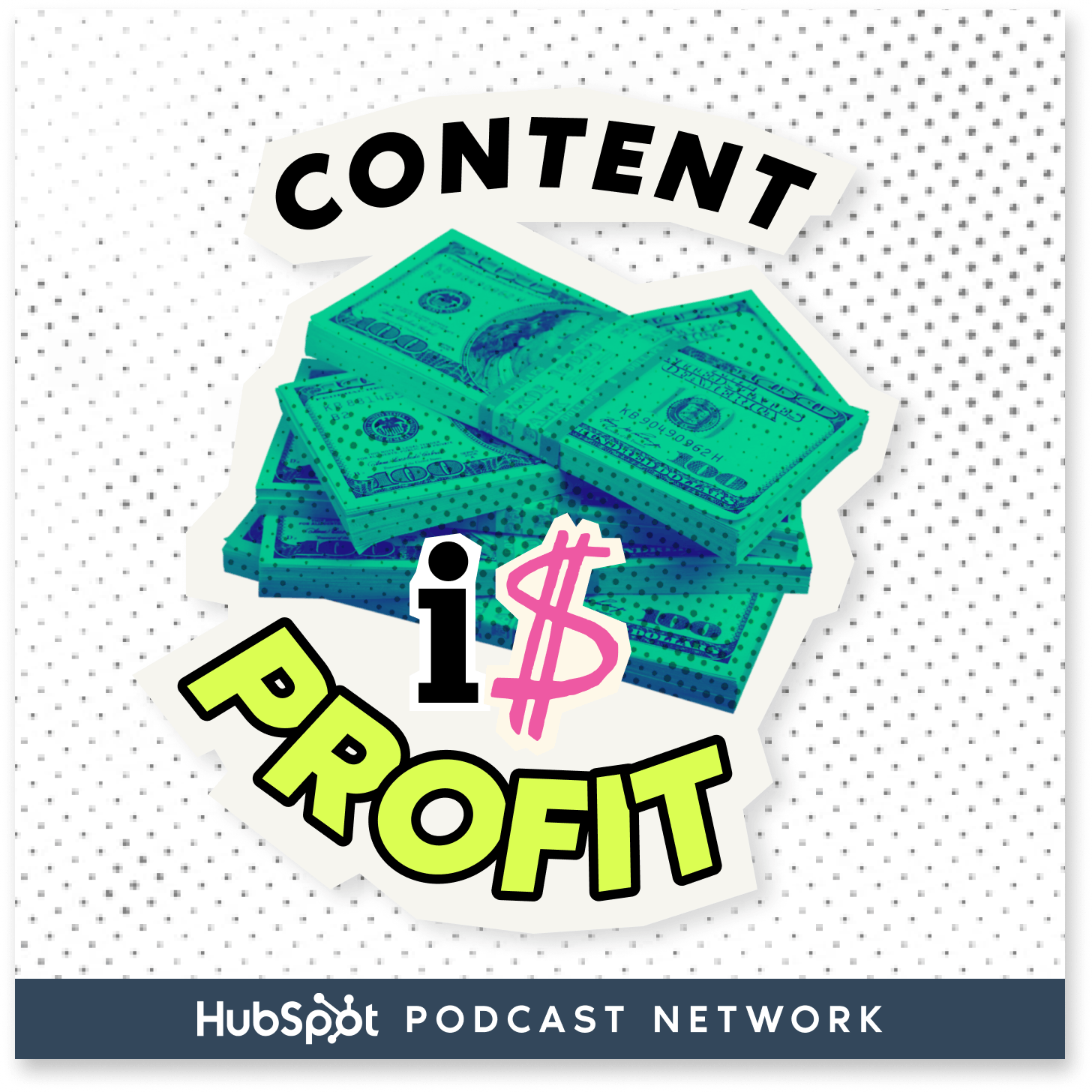
Content Is Profit
BIZBROS
Win The Content Game
Deirdre Tshien - CEO & co-founder of Capsho, AI-powered Content Marketer (the fastest way to repurpose and market your expert content)
Fastlane Founders and Legacy with Jason Barnard: Personal Branding, AI Strategies, and SEO Insights
Jason Barnard Entrepreneur and CEO of Kalicube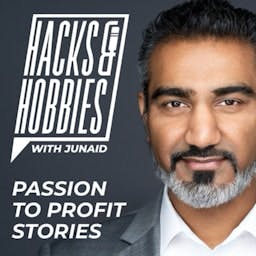
Hacks and Hobbies with Junaid Ahmed
Junaid Ahmed
I Have A Podcast by Vinnie Potestivo
Vinnie Potestivo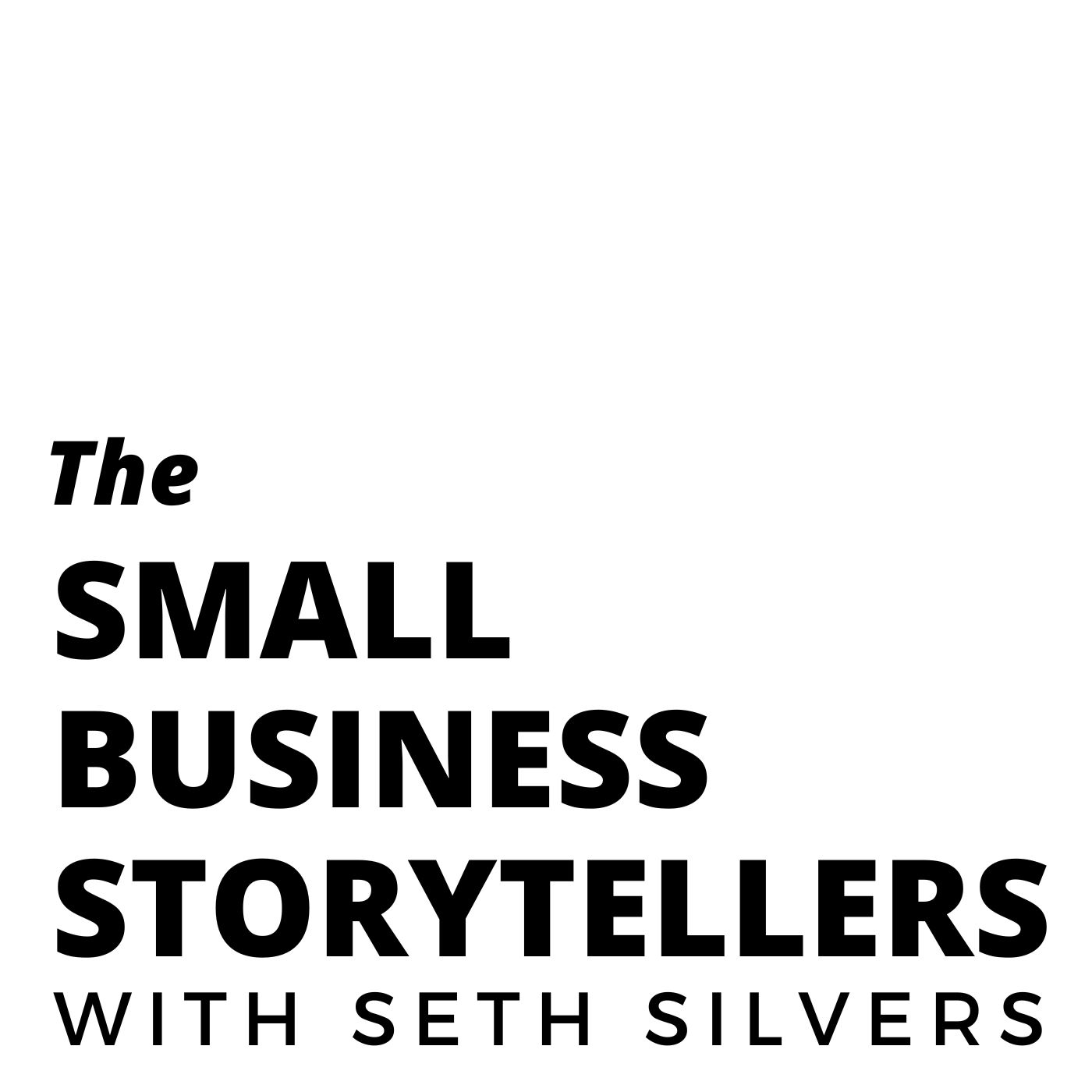
The Small Business Storytellers with Seth Silvers
Seth Silvers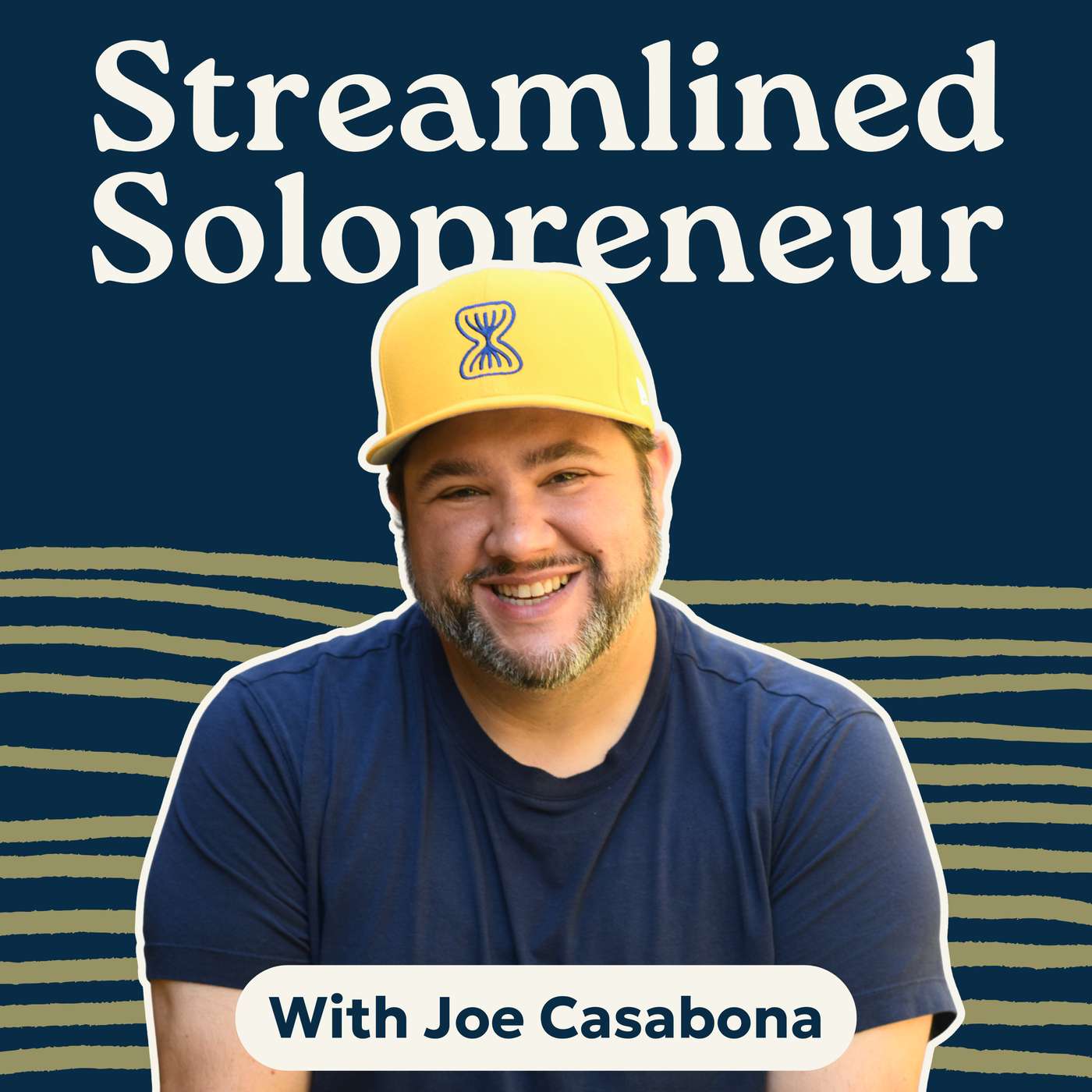
Streamlined Solopreneur: Tips to Help Small Business Owners Grow Without Burnout
Joe Casabona, Business Systems Coach
Insider Secrets to a Top 100 Podcast with Courtney Elmer | Podcasting Strategy for Business Growth
Courtney Elmer | PodLaunchHQ.comDo The Thing
Stacey Lauren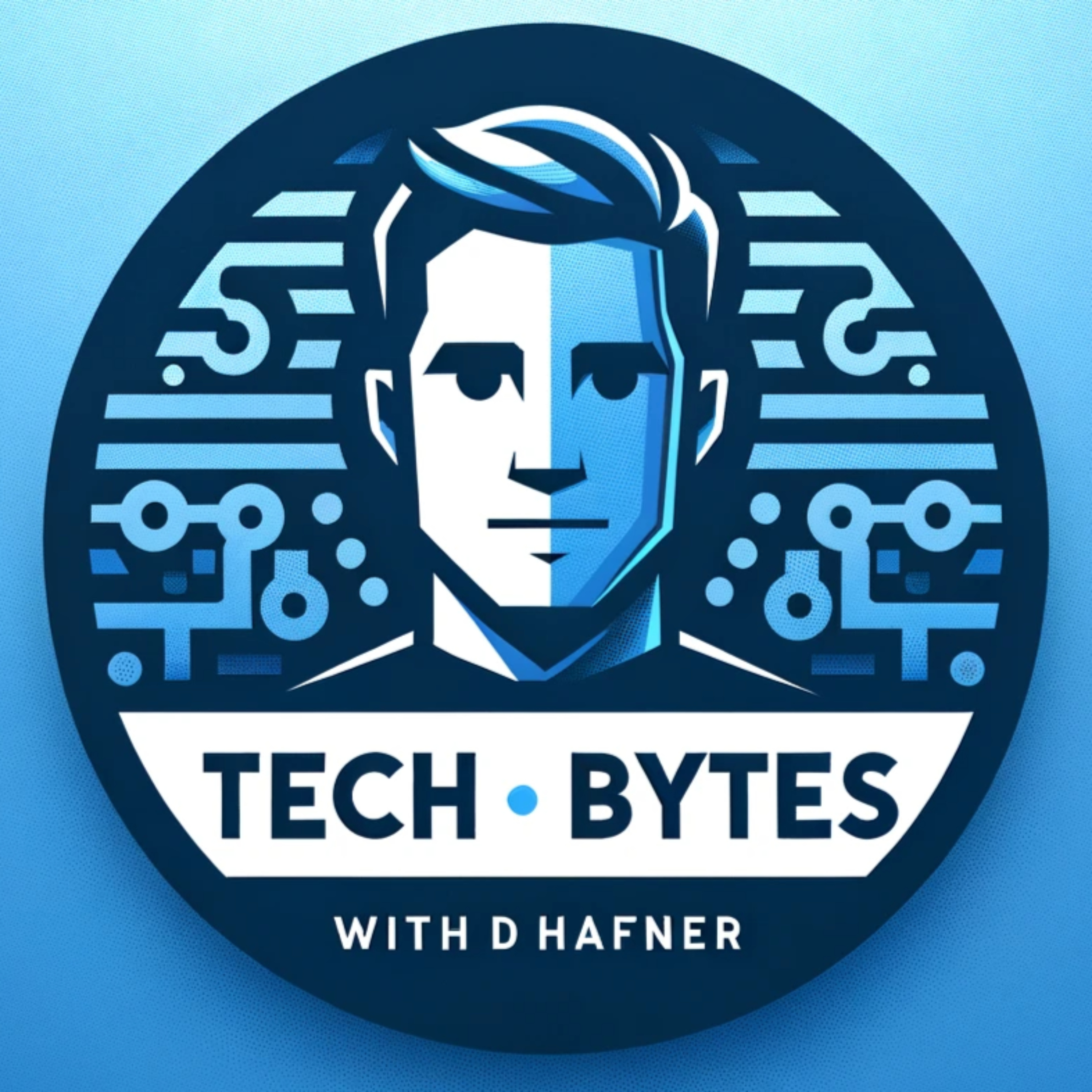
Tech Bytes - with Dan Hafner
Dan Hafner

